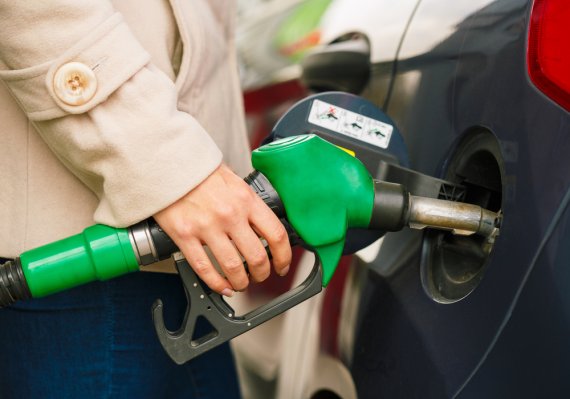© Shutterstock
The letter, which was printed in the Dutch newspaper Trouw last Saturday, is an initiative of Michiel Köhne, Assistant Professor of Anthropology of Law. In just a short time, he amassed 174 signatures for the letter in which the European Union’s policy on biofuels is renounced with a determined voice. One quarter of the signatories are Wageningen researchers, including five professors from the social and environmental sciences.
Negative influence
The letter is addressed to State Secretary Van Veldhoven (Infrastructure and Water Management) and Minister Wiebes (Economic Affairs and Climate Policy). Today, Van Veldhoven debates with the Dutch House of Representatives about the use of biofuels until the year 2020. In December, Minister Wiebes will speak in Brussels about the use of biofuels in the next decennium. In the letter, the researchers call for the governors to acknowledge that the current biofuel policy has a negative influence on the environment and humans and that the European Union should stop the policy of putting food crops in fuel tanks.
The tables seem to be turning. This is the time to make a move.
Michiel Köhne
Köhne has been studying the social issues and legislation surrounding palm oil for years. He has seen the ‘poverty and conflict over land’ resulting from the palm oil industry from up close. ‘I have always thought it was weird that the use of palm oil is perceived as sustainable in the Netherlands. But what can one do about it? The palm oil lobby is large. As an individual, you feel powerless.’ That feeling changed when, during recent public lectures, he caught wind of the battle that Milieudefensie wages against the use of palm oil as biofuel.
More emissions
What’s more, recent research on behalf of the European Commission revealed that adding biofuel does not reduce but instead significantly increase the emissions of CO2. According to the study, biodiesel made from palm oil emits three times as much as fossil fuels. Köhne: ‘The tables seem to be turning. This is the time to make a move.’ The idea to write a letter addressed to The Hague came soon after.
In his search for supporters, Köhne was grateful to use the student teams that were already working for Milieudefensie. ‘An email is quickly sent to the trash with a simple click, but a student standing at your door is not as easily dismissed.’ That approach resulted in 174 signatures in a short amount of time. In Wageningen, these signatures mostly originated from the social and environmental sciences. Köhne attributes this to the network that was tapped into. On a side note: not everyone who was approached signed the letter. ‘For some people, the letter was not sufficiently subtle. I agree, but that was a conscious choice.’
The letter to the governors is availablehere.

